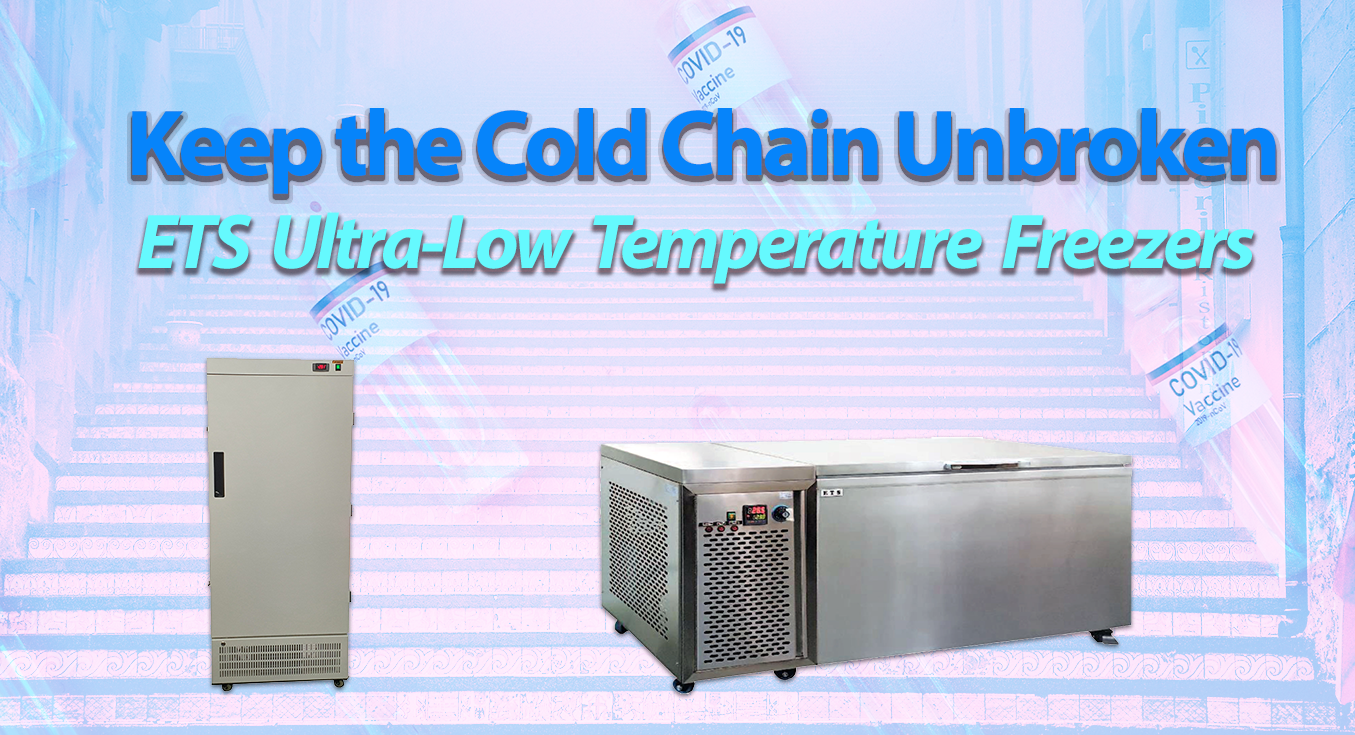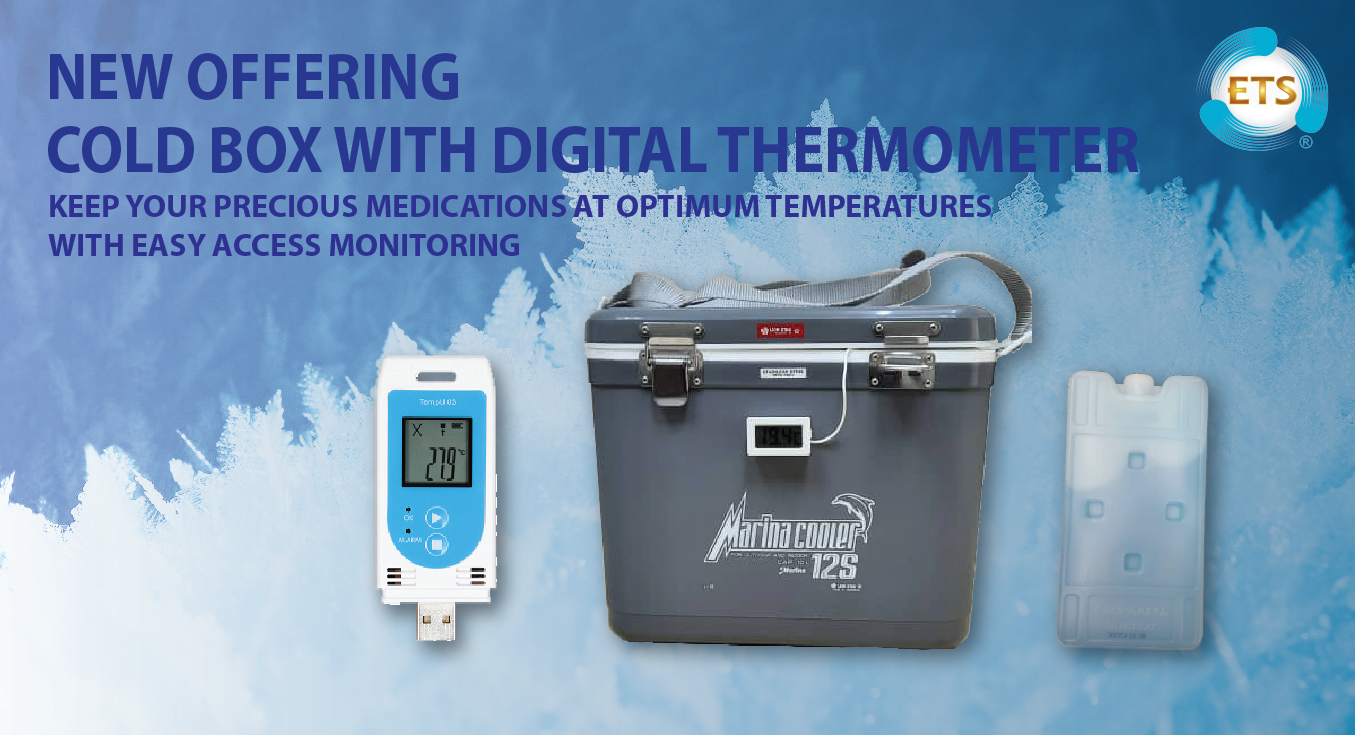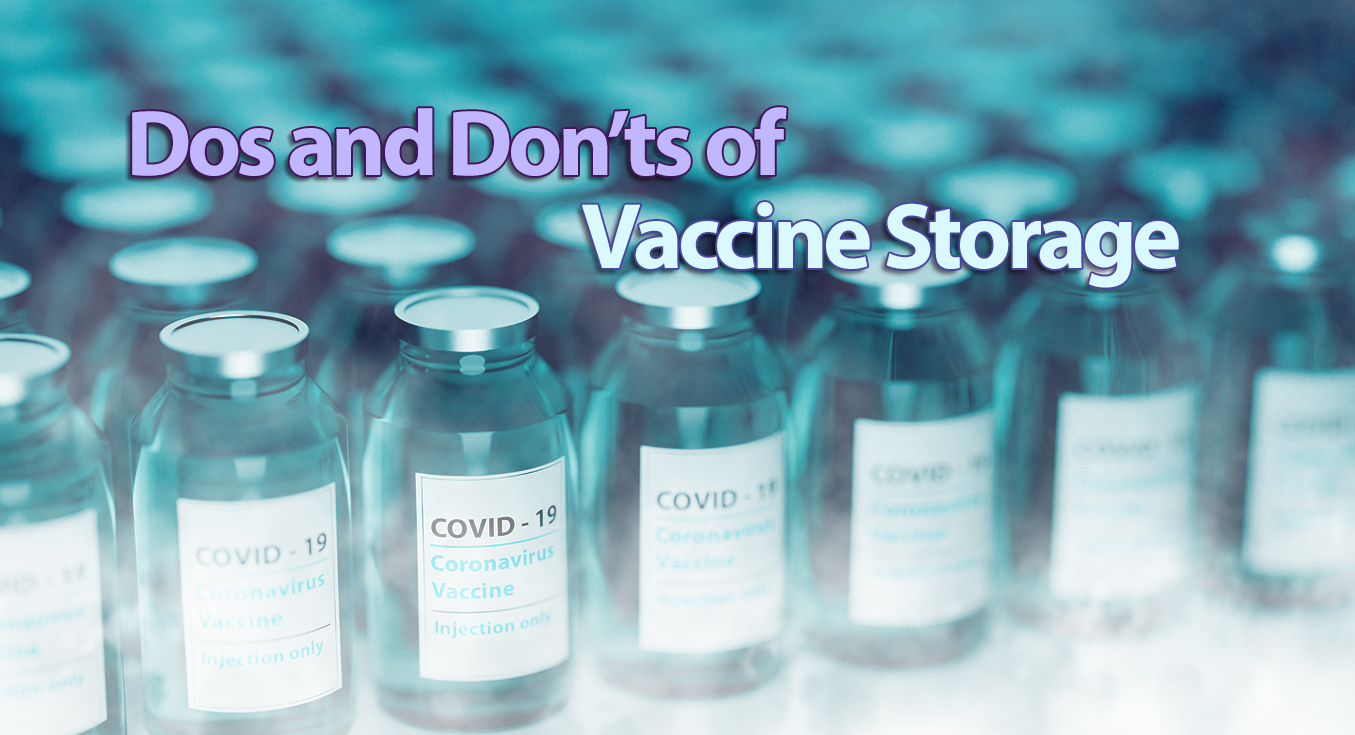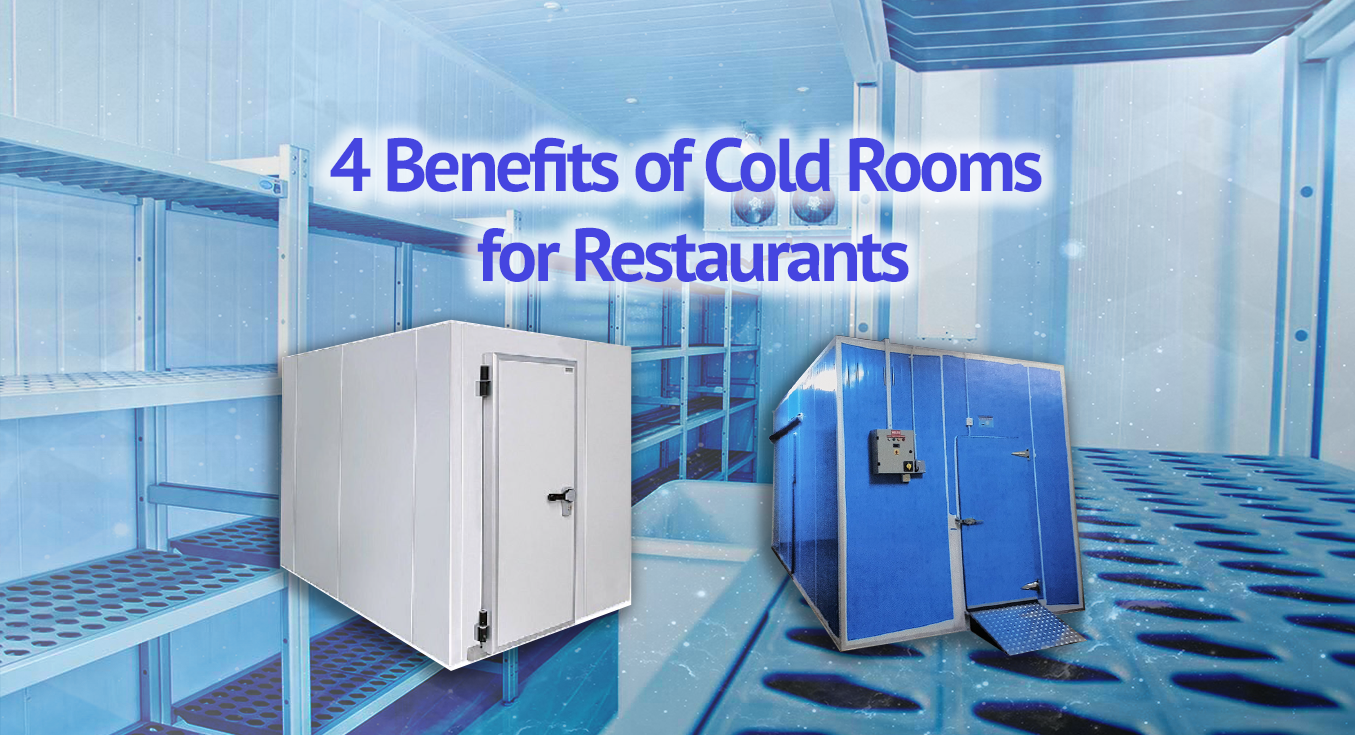The COVID-19 pandemic presents new challenges for the global cold chain. The first few COVID-19 vaccines are using newly-developed mRNA technology that requires it to be kept at sub-zero temperatures during shipments. The Pfizer-BioNTech COVID-19 vaccine has been extremely specific in that regard, requiring a chilly -70°C for long-term storage, while Moderna’s must be kept at -20°C .
It is these requirements which pose an incredible challenge to provide an unbroken global cold chain – from point of manufacture to the last mile – the patients themselves.
The Last Mile Challenge To Immunisation
Lots of factors can make immunisation successful, but none more so than the proper storage and handling of vaccines. Vaccines must be stored long-term at much lower temperatures from the time they are manufactured until they can be administered to a patient. The lack of standardisation and adherence to storage protocols will result in the vaccine losing its potency. This wastes thousands of dollars yearly for disposal of compromised lots, revaccination and causes limited access to crucial medicine.
Due to the nature of the developed COVID-19 vaccines, manufacturers faced the challenge of how to properly transport and store the vaccine. Traditional vaccines contain a signature protein of the virus to train immune systems to recognise and fight it. The COVID-19 vaccines are instead developed using mRNA, a new type of vaccine to protect against infectious diseases. mRNA vaccines give instructions for cells to make a harmless piece of what is called the “spike protein” which triggers an immune response to produce antibodies. This is what protects the body against being infected.
Ultra-Cold Storage Solutions
mRNA vaccines need to be stored in extremely cold temperatures. Pfizer-BioNTech’s COVID-19 vaccine must be stored at temperatures between -80°C to -60°C, whilst Moderna’s must be kept at -20°C. Whilst Pfizer and Biotech have announced ongoing efforts to make their vaccine easier to transport, there is still worry on how to maintain the integrity of the drug after it has left the manufacturing facilities.
The solution to these challenges may come in the form of ultra-cold freezers. Ultra-low temperature freezers are essential in any lab and research settings and can go as low as -86°C which makes it ideal for vaccine storage.
Aside from their temperature range, ultra-low freezers also provide the following benefits:
- Battery backup: One of the most important things to consider when using low temperature storage is their reliability. Units that include an extended battery life and battery backup are the number one candidates to protect precious research materials.
- Temperature alarms: Besides visual and audible alarms, notification about alarm via SMS make it easy to alert lab staff in case of any temperature fluctuations that may degrade samples once outside their recommended temperature.
According to the CDC, the Pfizer-BioNTech vaccine will arrive in a thermal shipping container equipped with dry ice to maintain the temperature at -70°C±10°C for up to 10 days unopened. However, it is only recommended for temporary storage as they need refilling with dry ice every five days for up to 30 days of storage. Ultra-low temperature freezers have been recommended for long-term storage of the vaccine for up to 6 months.
Further requirements include:
- Transfer of closed-lid vial trays between ultra-cold temperature environments (from the shipper to the ultra-cold temperature freezer) may be at room temperature for up to five minutes only.
- Transfer of open-lid vial trays between ultra-cold temperature environments may be at room temperature for up to three minutes only.
- Subsequently, the trays returned to ultra-cold storage must remain frozen for at least two hours before they can be removed again.
- Maintenance of a daily temperature log for ultra-cold units using a digital data logger with probe for ultra-cold temperatures.
LOOKING FOR AN ULTRA-LOW TEMPERATURE FREEZER?
We have an entire range of ultra-low temperature freezers to suit various requirements. Our Ultra Low Temperature Freezers are designed to preserve biological samples/specimens at stable temperatures from -10°C to as low as -86°C. These ULT Freezers are available in both upright and chest-types, and come in various sizes to fit all your research application needs.
Check out our Ultra-Low Temperature Freezer range. Need a Chest-type ULT Freezer instead? We also have Digital Data Loggers available.
Drop us a line if you have questions.
References
- Centers for Disease Control and Prevention. (2021, 2 16). Pfizer-BioNTech COVID-19 Vaccine. Retrieved from Centers for Disease Control and Prevention: https://www.cdc.gov/vaccines/covid-19/info-by-product/pfizer/index.html
- Minnesota Department of Health. (2021, 2 11). Appendix A: COVID-19 Ultra-Cold Temperature Vaccine(s). Retrieved from Minnesota Department of Health: https://www.health.state.mn.us/diseases/coronavirus/vaccine/guideappa.pdf
- Minnesota Department of Health. (2021, 2 11). Interim COVID-19 Vaccine Provider Guide. Retrieved from Minnesota Department of Health: https://www.health.state.mn.us/diseases/coronavirus/vaccine/guide.pdf
- Pfizer. (2020, 11 20). COVID-19 Vaccine U.S. Distribution Fact Sheet. Retrieved from Pfizer: https://www.pfizer.com/news/hot-topics/covid_19_vaccine_u_s_distribution_fact_sheet






